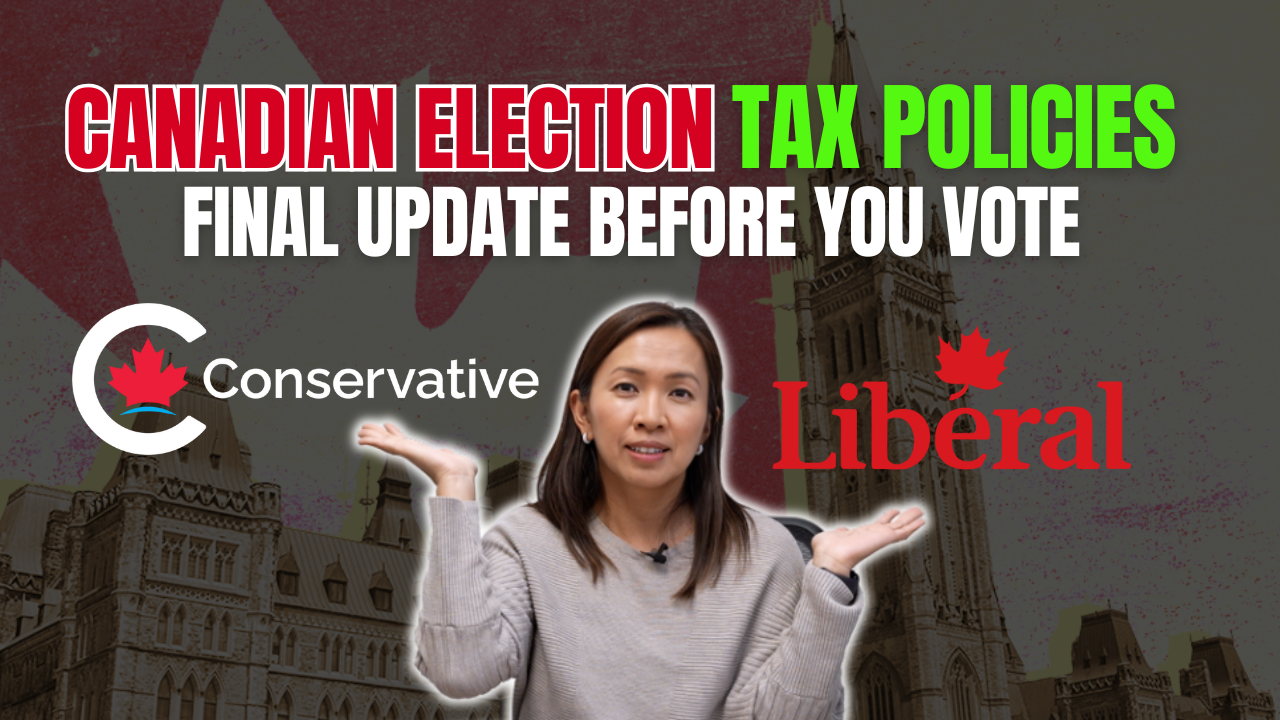The trust reporting has been announced by the government for a number of years. This new trust reporting rule was supposed to be implemented by the government in 2022, but they decided to prioritize the Underused Housing Tax Act implementation over this trust reporting.
What are these new reporting rules?
This is a trust reporting rules that applies to:
- Bare trusts/trustees
- All Canadian resident trusts that are currently subject to exceptions. Under the old rules, trusts that did not earn income, capital gains or make any distributions were not required to file a trust return.
- All non-resident trusts
Why does it relate to Real Estate Investors?
For those of you who have a family trust that was setup in the past and had no income or distributions, you also would have additional filing obligation. ☹
The reason why this reporting rules apply to real estate investors is because bare trust agreements are widely used in many real estate transactions.
The lessor known application is for those who purchased properties with a joint venture partner, whereas at least one or more joint venture partner is on title owning the property for multiple entities/individuals.
Simply put, if legal title does not equal true ownership specified in the joint venture, then this trust reporting applies.
It goes beyond real estate ☹
This trust reporting rule applies to everything and anything (other than the exception listed below).
If you own a bank account in trust for your elderly parents, this applies unless you fall under the exception.
If you own a bank account in trust for your kids, this also applies, unless it falls under the exception.
If you own a cryptocurrency wallet in trust for another person, this also applies.
Simply put, if you own any asset in trust for someone else, this rule applies, unless it falls under the very limited exceptions.
The Exceptions
The rules would not apply to:
Trust that hold asset not exceeding $50,000 in total fair market value throughout the year where the only assets held are:
- Cash,
- Certain government debt obligations
- Share, debt or right listed on stock exchange
- Share of mutual fund corporation
- Unit of mutual fund trust, and
- An interest in a related segregated fund
If you own private company shares, this DO NOT fall under the exception.
If you own gold, silver, bitcoin, cryptocurrencies, dividends receivable, the exception also do not apply.
If the property you own in trust for another entity is less than $50K, this exception also do not apply.
Another exception: trusts that have been in existence for less than 3 months.
Common scenarios that would apply:
If you own a property in trust for a corporation and have a bare trustee agreement signed, you, as the individual, has the filing obligation.
If a corporation owns a property in trust for multiple joint venture partners, the corporation has to file a nil T2 return (which should have already been done if the corporation is a bare trustee) AND a T3 trust return now.
If you are on title owning the property, and the income and expenses of the property is reported by you and your significant other, chances are, a trust relationship exists, and you have to file a trust return.
If multiple individuals/entities are on title of a property, the income and expenses are reported by only one individual, these multiple individuals/entities – the legal owners, have the filing obligation. As an example, my husband was requested by the bank to go on title when we applied for refinancing on a property that I’ve owned prior to meeting him. He’s never reported any income and expenses from the property. He’s a trustee and he has the filing obligation.
As another example, elderly parents like to add their kid’s name to the title of their primary residence for the convenience of handling all property related affairs for them. Adult kids do not own the property. Adult kids are owning the property in trust for the elderly parents. Also trigger filing obligation.
If you own a bank account ITF (in trust for) a child, and the fair market value of the holding is over $50K during the year, you have filing obligation.
When do this trust reporting apply?
This applies to all trust taxation years ending on or after December 31, 2023.
If you’d owned the property in trust for a corporation and sold it during 2023, you have filing obligation.
This new reporting rule applies to trusts that exist during the year. Not just on a specific date.
When is the filing deadline?
3 months after taxation year end.
For individual real estate investors who own properties in trust, your taxation year end is calendar year-end. Deadline to file is 3 months after that – which will be March 31, 2024. ☹
For corporation that own properties in trust for others, the filing deadline is 3 months after the corporation year-end. If the corporation has a year-end of January 31, 2024, the trust return is due April 30, 2024, 3 months after the taxation year-end.
What are the penalties?
If know you must file and choose not to file, the following penalty can be applied:
- Greater of
- $2,500; and
- 5% of the highest total fair market value of all the property held by the trust
Say you own a property for $1,000,000 and choose not to file the return, this can potentially trigger a $50,000 penalty. Yikes!
Do you need to pay tax if you file?
In most cases, bare trustees are not required to pay tax to begin with – which was also why no trust returns were filed since the beginning of time.
Unfortunately, our government is out there to grab more information and implement more control over our financial affairs.
The more information they can gather, the easier it is for them to audit and control.
Until next time, good luck with all the added reporting requirement.
Cherry Chan, CPA, CA
Your Real Estate Tax Accountant





